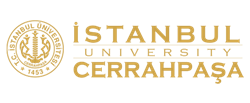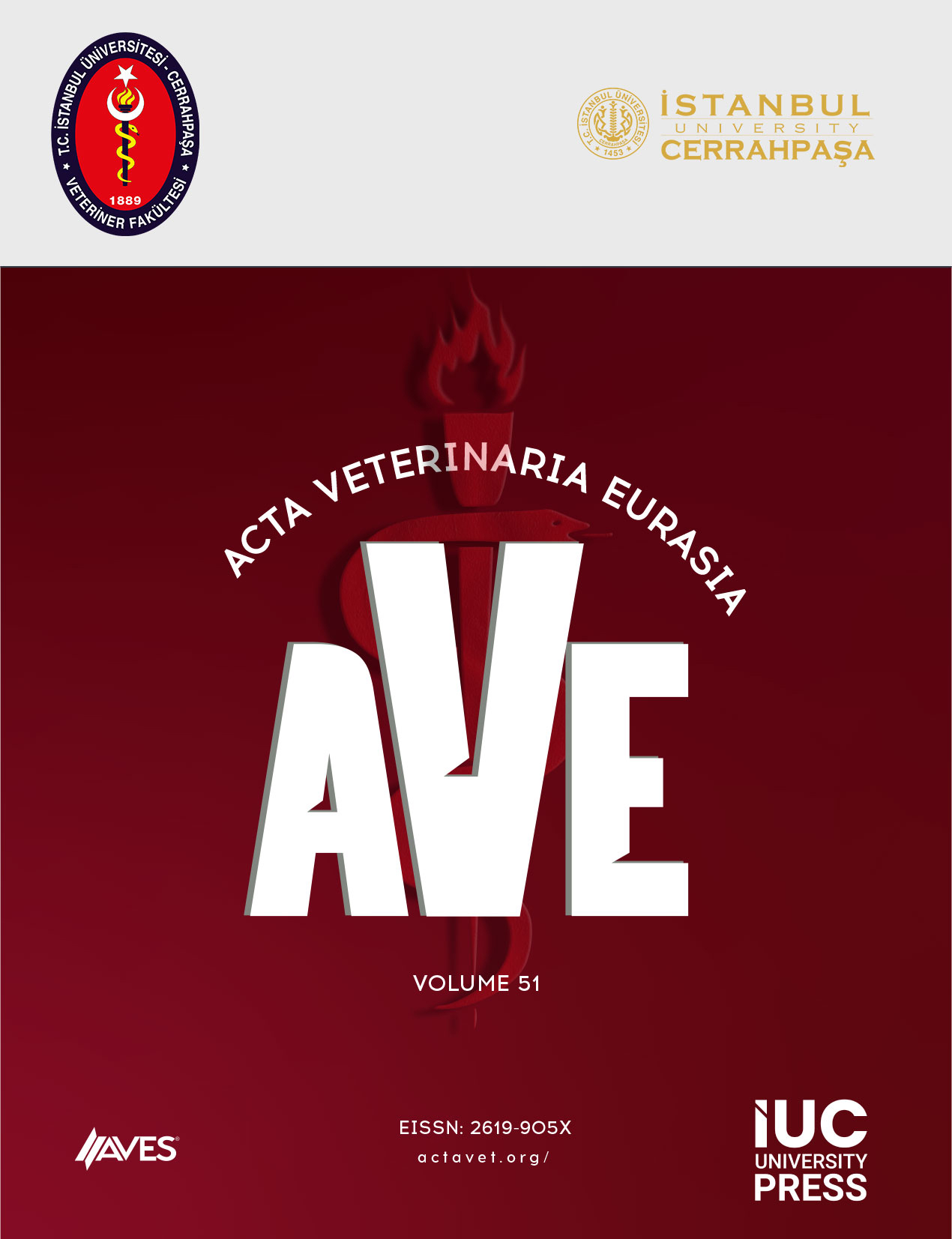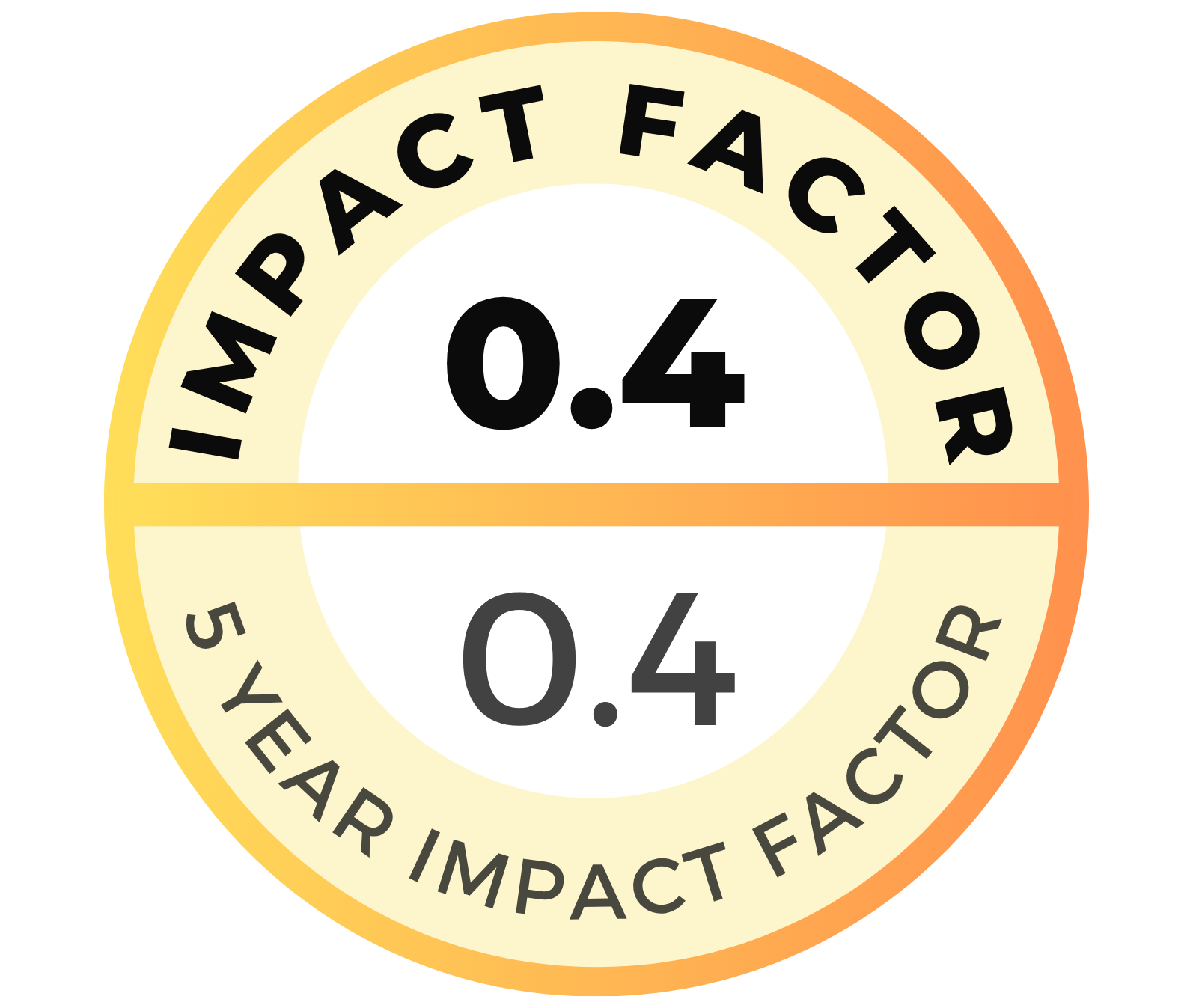The effects of different levels of whole cottonseed (WCS) in the diet on hematological parameters (hematocrit %, hemoglobin, mean corpuscular hemoglobin concentration and osmotic fragility of erythrocytes) were examined in lactating cows. Four Holstein cows were assigned to a 4X4 Latin Square design with four stages. All stages had 14 d of adaptation and 7 d of data collection periods. All blood samples were collected from vena jugularis after morning feeding and milking. The dietary treatments included 0% (control; C), 12.5 % (W-I), 25 % (W-II) and 37.5 % (W-III) WCS of total concentrate in diet. Total WCS in the diet was calculated to be 0 (C), 1 (W-I), 2 (W-II), 3 (W-III) kg/d. No significant effects of WCS concentration in diet fed were observed for mean % hematocrit (C=40.75 ± 1.55, W-I=41.00 ± 3.19, WII=40.25 ± 5.03 and W-III=43.25 ± 4.96), hemoglobin (C=10.93 ± 0.72, W-I=11.19 ± 1.01, W-II=10.26 ± 0.56, and W-III=10.89 ± 0.31 g %) or MCHC (C=267 ± 12, W-I=277 ± 30, W-II=270 ± 40 and W-III=263 ± 35 g/L). Osmotic fragility of erythrocytes showed no treatment effect. In conclusion, short time feeding of up to 37.5% WCS had no negative effects on some blood parameters of animals.





.png)